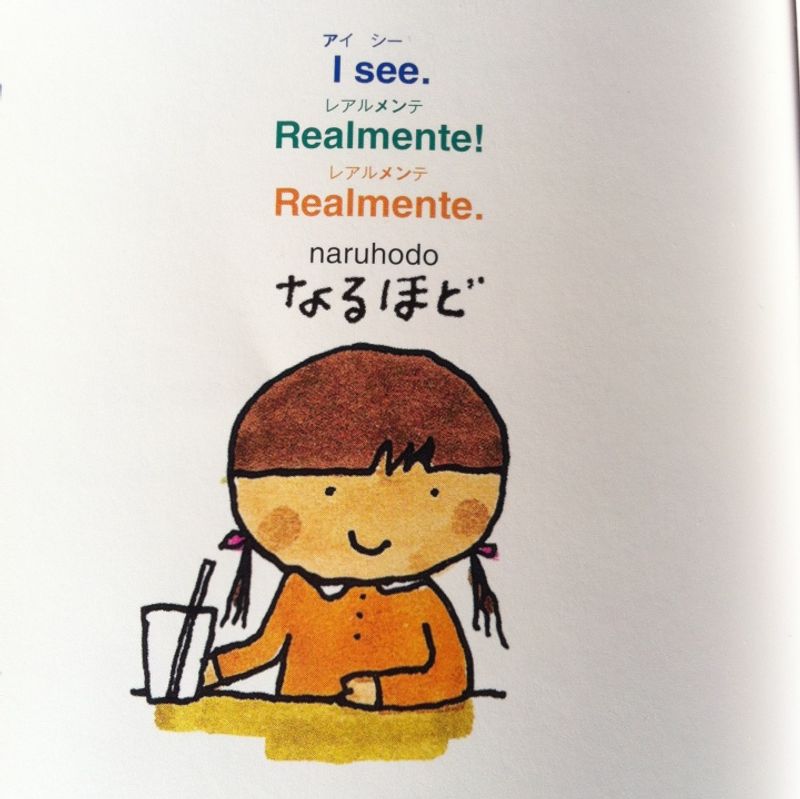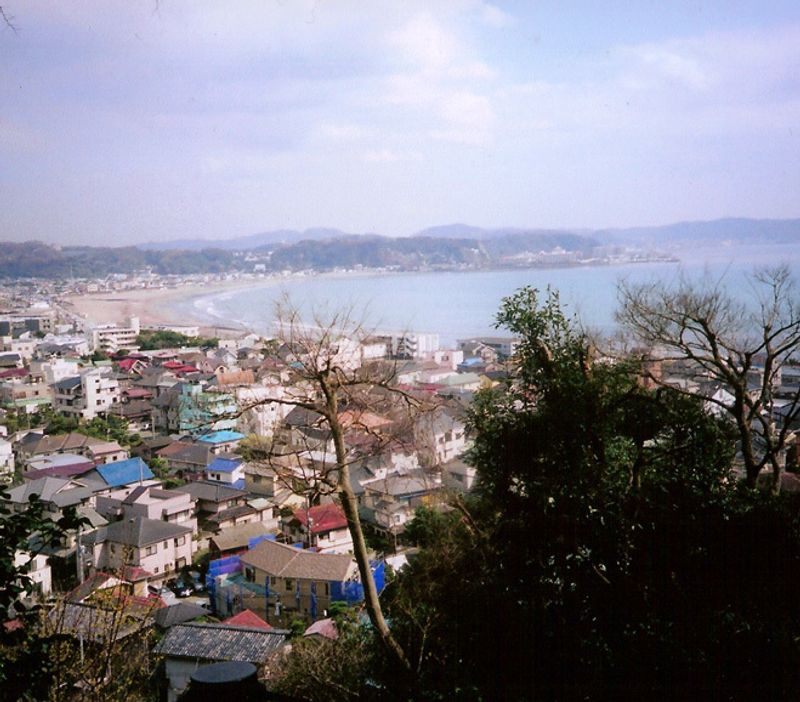Nov 18, 2016
10 things to know about living in Japan.

(By author / illustrator Gomi Tarou.)
Before moving to Japan, there are some things you might want to be aware of.
One. People speak Japanese in Japan.
Get used to Japanese or get used to not understanding most of what is going on around you. It's not a super difficult language to speak, but the reading and writing will take a while to get down. If you do get really great at using Japanese, it opens up opportunities for work and socializing, but it's also just nice to understand what's going on around you.
Two. If you're a native English speaker, you're fairly unique here.
You might get special treatment, will be able to be paid well for just knowing English, and lots of people might want to hang out with you (for free English practice). If you're nice and respectful, you will probably benefit from very generous English learners who befriend you. You could get some freelance English lessons or just regular free snacks from coworkers and students. It can be nice but don't feel like you have to be friends with everyone who wants to try out their English on you. Most people won't just start talking to you, but the frequency of this happening depends on where you are in Japan. You can meet a lot of great people from all over the world while living in Japan.
Three. Sushi?
Sushi is really different in Japan compared with the American version, and from what I hear the respective other versions of sushi. All Japanese people don't like sushi, and they don't eat it every day, but some people love it. You won't find “caterpillar rolls” and cream cheese in the sushi in Japan. That being said,
Food is really good here.
It might take some getting used to and there are a few things that you might never like. It's okay, even Japanese people don't ALL like natto, for example. There is really good quality food in Japan with attention to seasonal foods and more of a focus on vegetables and seafood than western foods. Some foods are imported from all over the world, but it seems like the majority of food in Japan is from Japan, meaning it's fresher and better for the environment. If you are scared to try new foods, you're missing out on a huge part of Japanese culture. If you're committed to being a vegan in Japan, you'll miss out on a large fraction of food options, although it isn't impossible.

Kamakura
Four. There is more to Japan than Tokyo.
Much more. Tokyo is fine, but real Japan is in the countryside. Try to at least experience the other parts of Japan if you live in a big city. Go out and explore so you get some good experiences and stories to tell friends and family about.

Five. Engrish is really entertaining.
There is quite a bit of Engrish, if you keep an eye out for it, and like that kind of thing. If you're teaching English, you get the opportunity to hear cute Engrish on daily basis, which is arguably one of the best parts of the job. You'll soon be fluent in Engrish as a second language.
Six. Pay attention to the shoes.
When to take the shoes off is not always instinctual, but there's a lot of taking shoes off and wearing slippers going on. Also special shoes for different places (school shoes, toilet shoes, cleaning the bathtub shoes...), and a whole world of cute house slippers and socks.
Seven. Buying clothes could be a challenge.
The majority of Japanese people are sort of small compared with most western people. You may have heard this before, but finding shoes and clothes that fit is sometimes troublesome. If you're very tall (and/or have red hair), you might stand out in a crowd. And hit your head on doorways.
Eight. You might not need a car.
In cities in Japan, there are good reasons to not have a car, mostly that you won't need it. There's great public transportation even within smaller cities. If you're in the suburbs or need to get to several neighborhoods for work it might be useful, but getting around by bike is usually an option as well. The costs for owning and driving a car are only worth it if you need to drive because of where you live or work.
GPS is helpful, especially because of the address system in Japan, but not needing to use GPS is a nice feeling.
Nine. Teaching English is not really a career.
For a year or two in your early twenties, teaching at Eikaiwa or as an ALT is a great experience, as long as you like the job and like living in Japan. Once you want to settle down with a family, the salary is not so great, and you start to lose free time to work on your next plan. If you want to stay for a while or make a career out of teaching English, it's a good idea to work really hard on, A.) Learning Japanese well and, B.) a master's degree or other qualifications that will get you into a better position. Once you have great Japanese, you can find work in other fields, and side hustles are never a bad idea.
Ten. It's gonna be rough when you go back home.
If and when you make the move back to your country, you will have a bit of adjusting to do. While this is different for everyone, 'reverse culture shock' ranges from having trouble relating to people who haven't lived abroad to not being able to qualify for housing because of lack of recent rental history. Finding work might be hard (even if you want to continue teaching ESL); finding full time work or a similar salary might also be near impossible. In many places, the cost of living will be higher than where you lived in Japan. Everything might look huge to you.
Planning ahead will cut back on the stress of relocating and starting over, but the reverse culture shock sometimes takes a while to set in.



1 Comment
kcsantosh
on Dec 14
very nice information